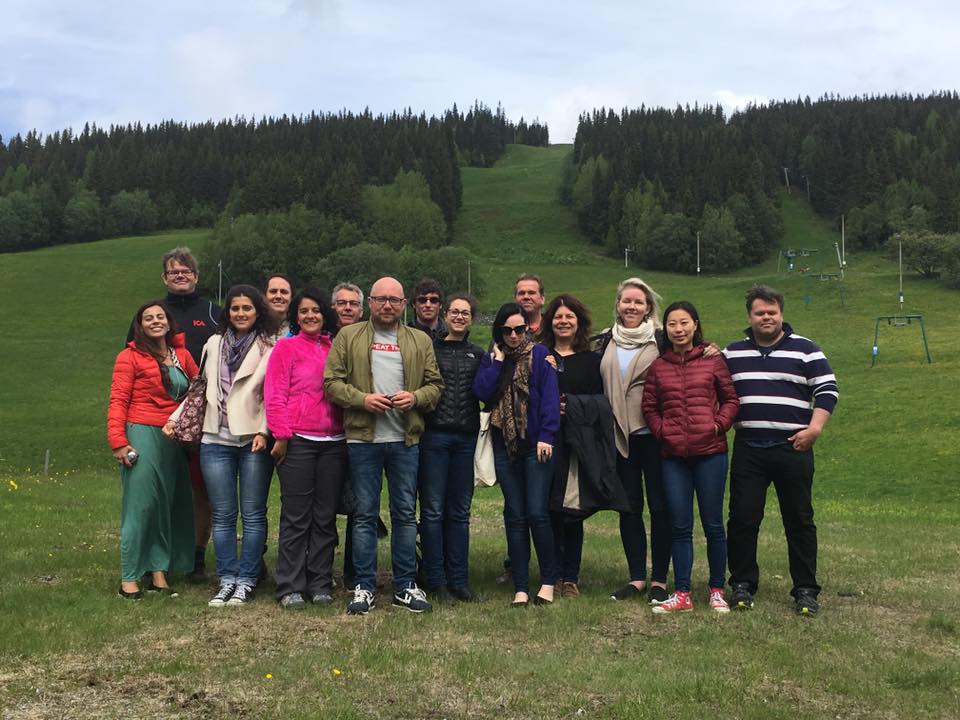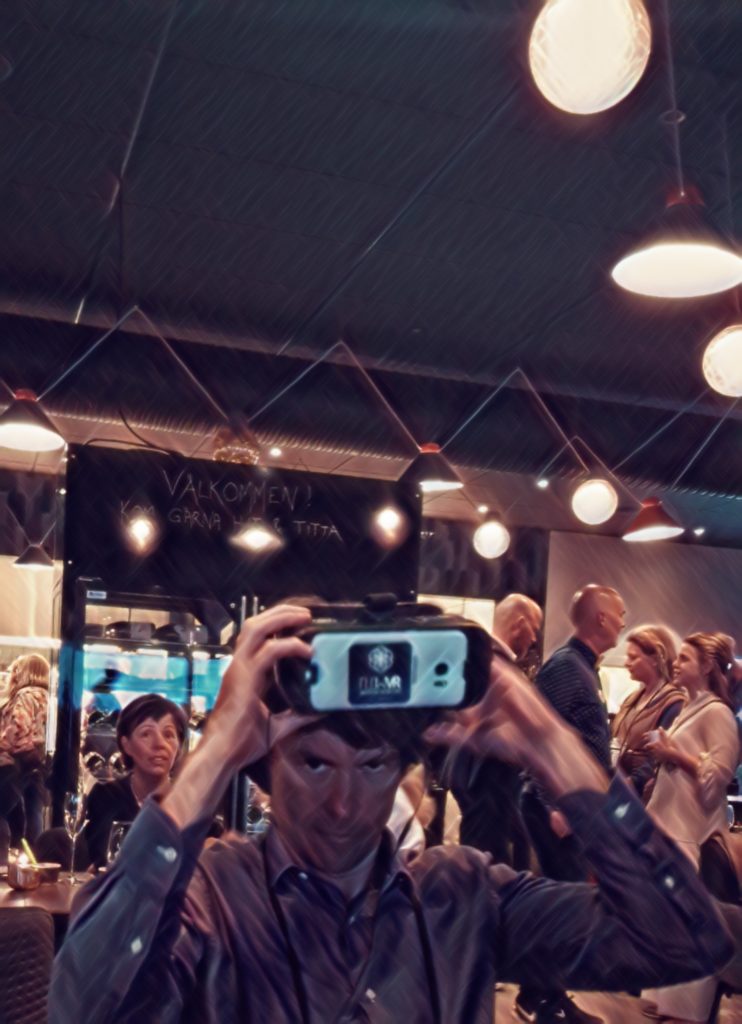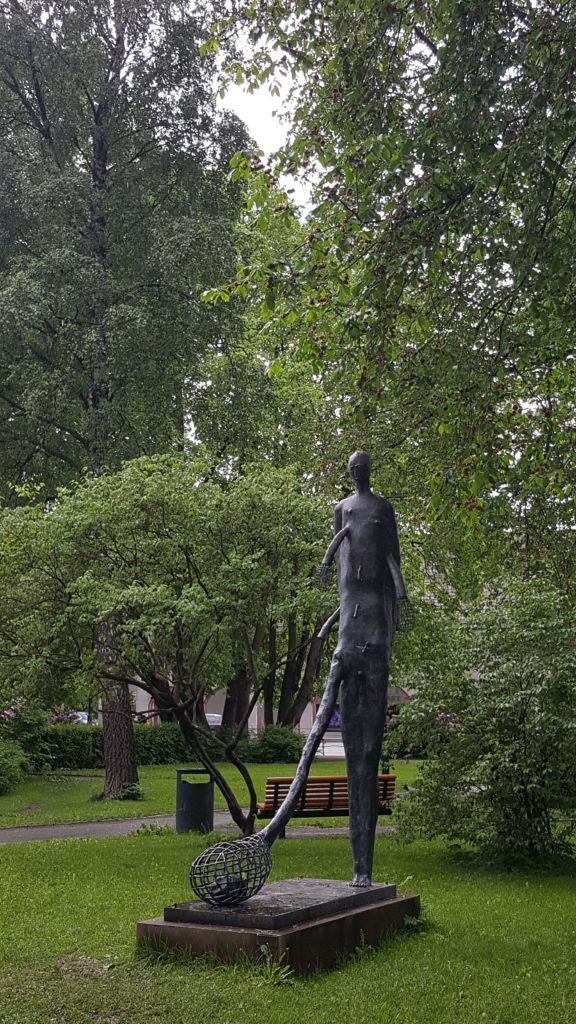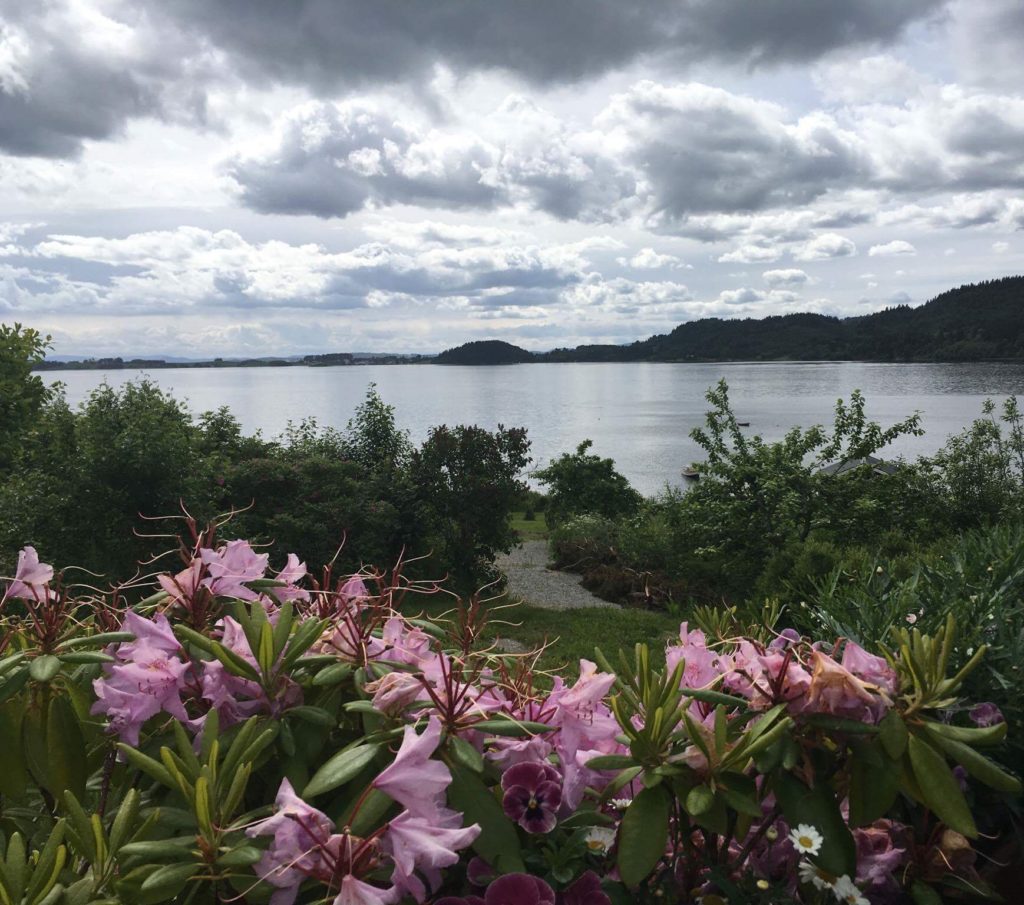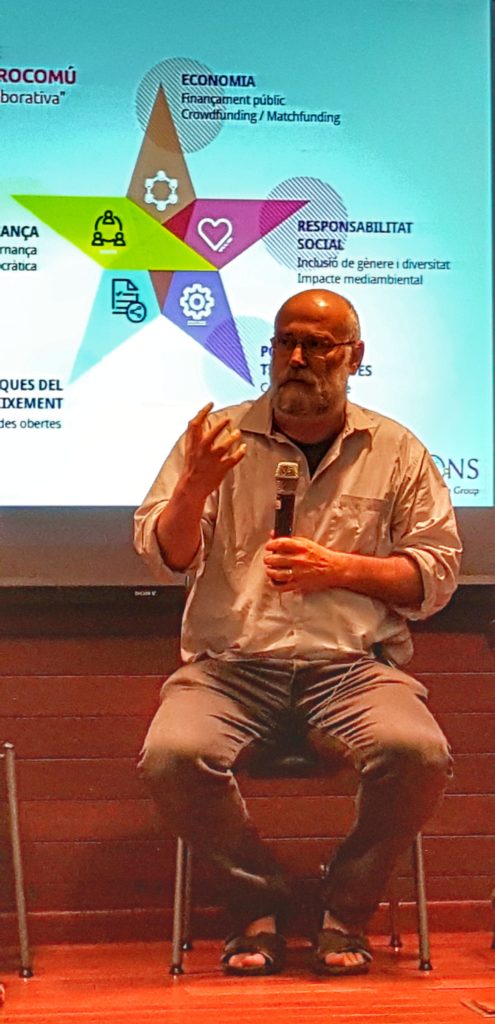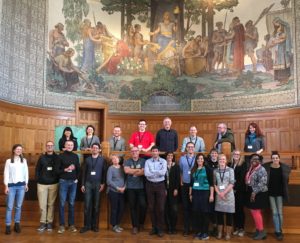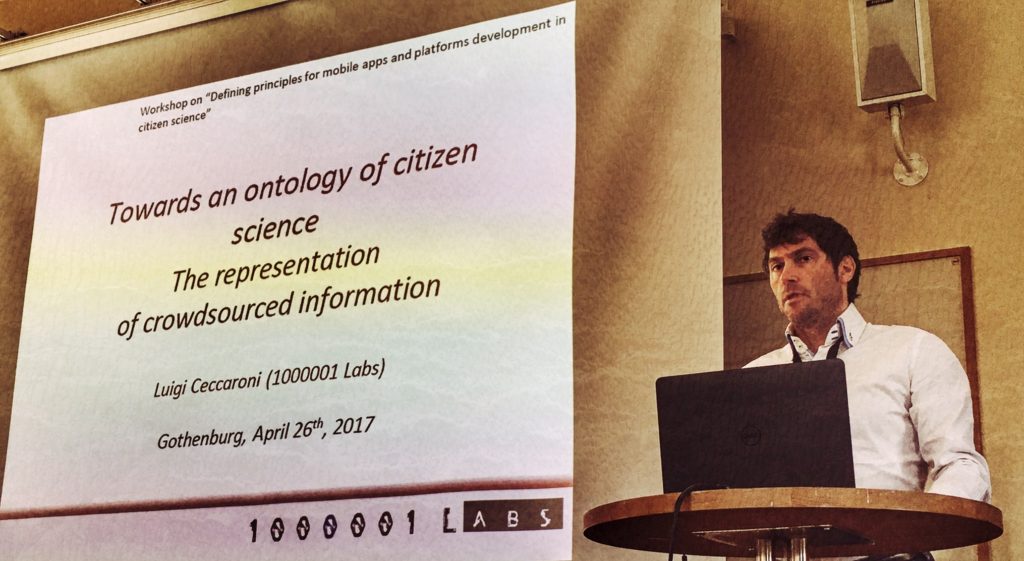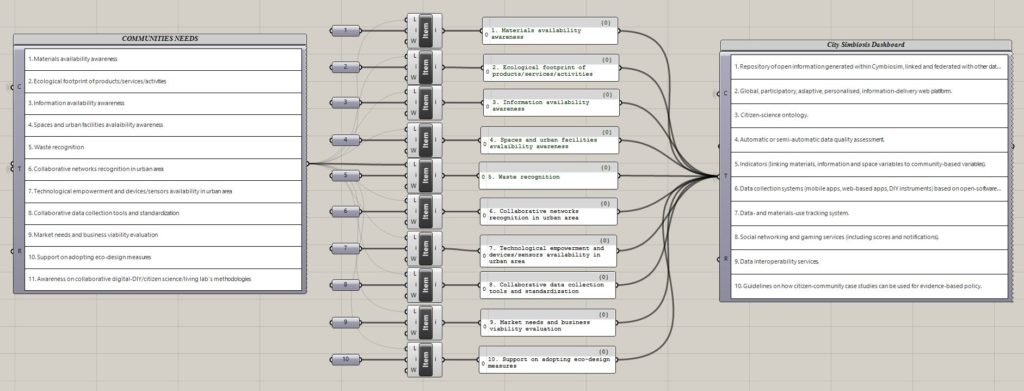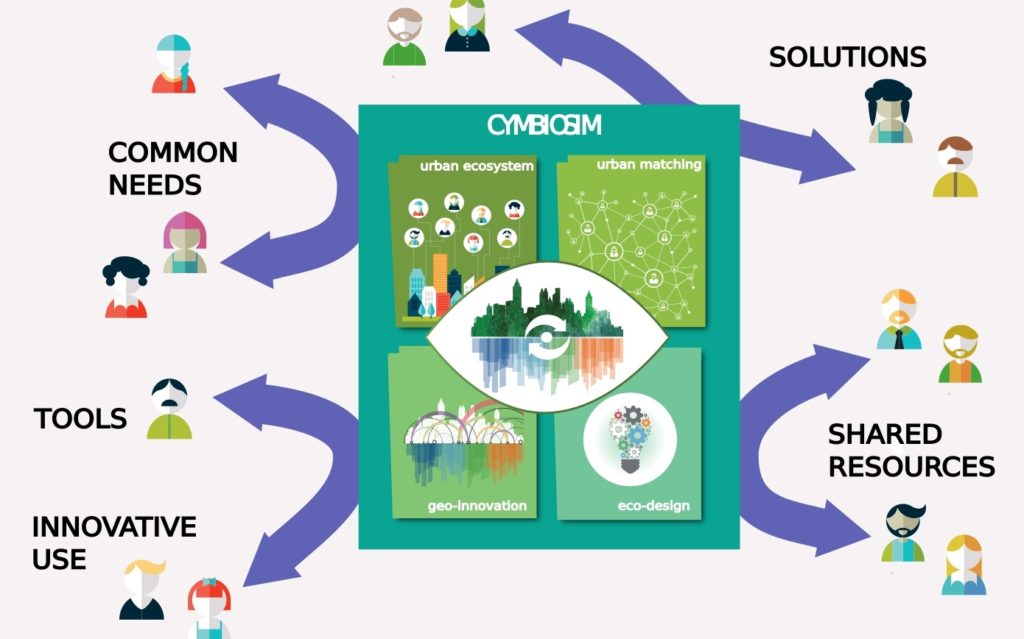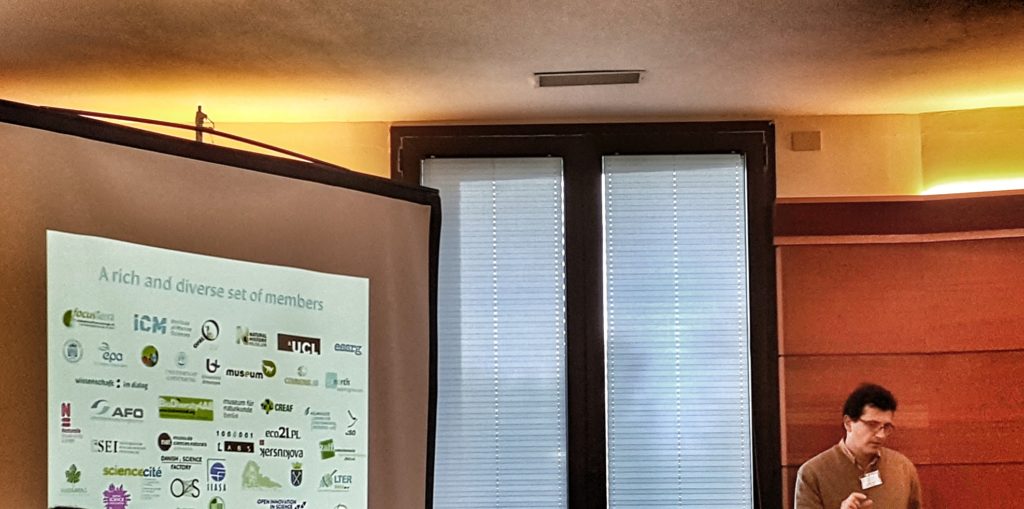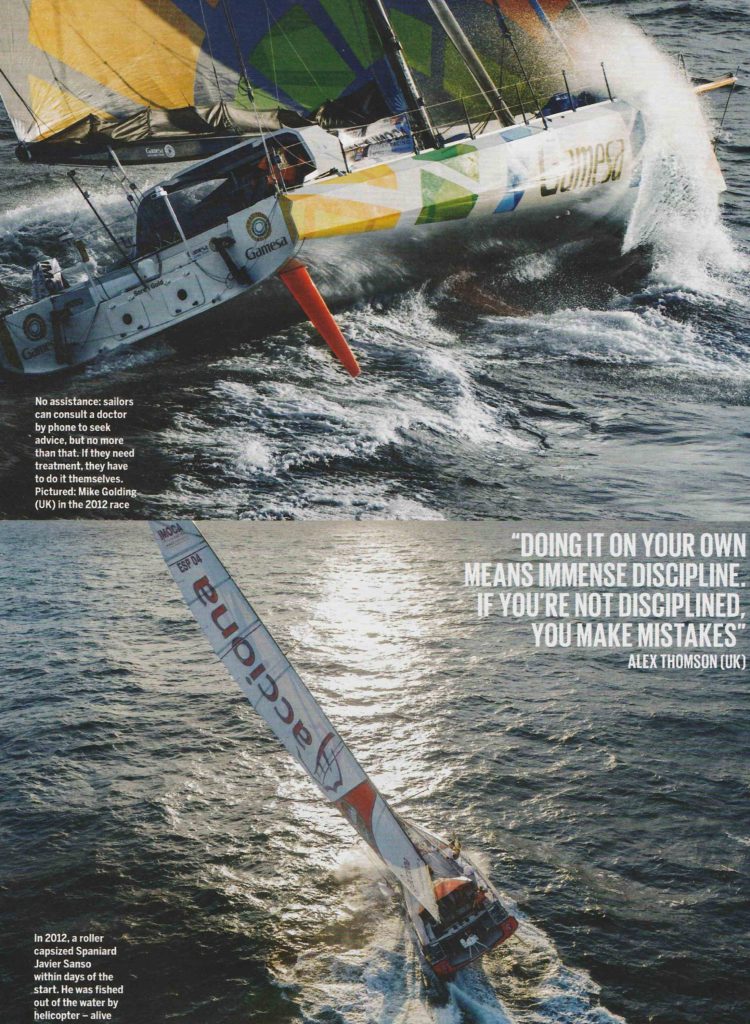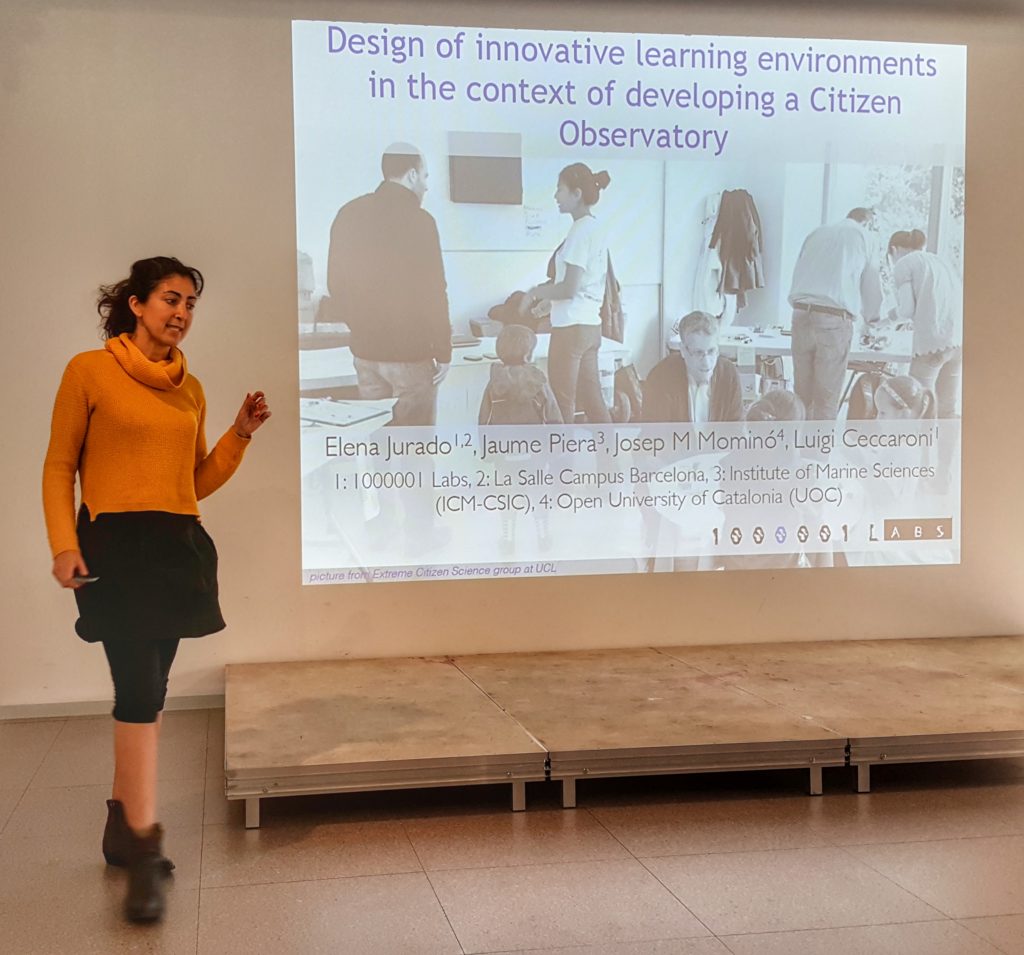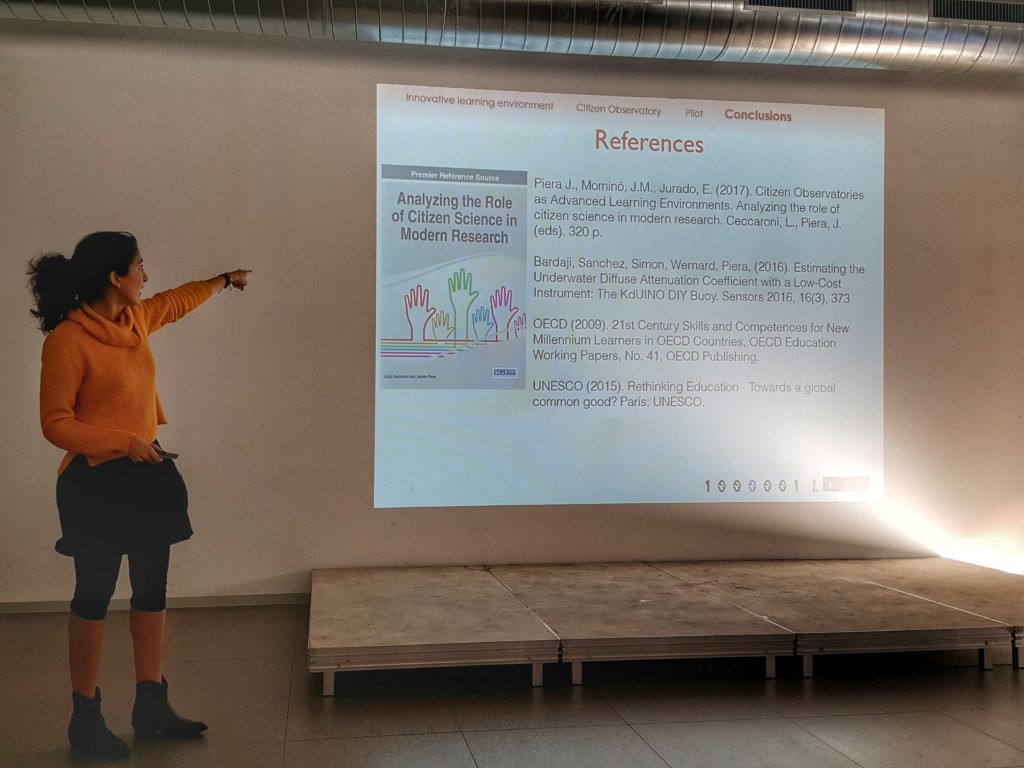Pages
- /events
- /organisations
- /people
- /projects
- 1000001 Labs
- About us
- Analyzing the Role of Citizen Science (book): criticism
- Capabilities and services
- Careers
- Citclops FAQs
- Citizen Science Africa
- Contact
- Criteris d’economia social i solidària (ESS)
- Digital platforms and dashboards
- Dissemination
- Generative AI for environmental justice
- Infrastructure
- Luigi Ceccaroni
- Software Engineer
- Team
- Vision
- Water and environmental risk management
- Publications
- Projects
- The latest
-
Categories
- Categories
-
Archives
The “Spanish Conference of Ornithology” is held on November 2-5, 2017 in Badajoz. 1000001 Labs is present on November 4th in the roundtable on Citizen Science. This is a scientific event with researchers, ornithologists, students, professors and all kind of people interested in birds.
Luigi Ceccaroni presents The role of interoperability in encouraging participation in citizen science.
The program can be found here.
The report from two workshops, a workshop on analysing apps, platforms, and portals for citizen science projects in December 2016 and a second workshop held in April 2017 has evolved into an open peer-review paper on RIO Journal. The workshops and the paper came to life mainly thanks to the effort of Soledad Luna and Ulrike Sturm, and the contribution of 1000001 Labs‘ Luigi Ceccaroni. RIO is “the Research Ideas and Outcomes (RIO) journal” and what it is trying to offer is a way to publish outputs of the whole research cycle – from project proposals to data, methods, workflows, software, project reports and the rest. In our case, the workshop report is now open for comments and suggestions. If you have any, you can submit them on the RIO Journal platform; this is part of the experience with running an open review.
The abstract reads:
Mobile apps and web-based platforms are increasingly used in citizen science projects. While extensive research has been done in multiple areas of studies, from Human-Computer Interaction to public engagement in science, we are not aware of a collection of recommendations specific for citizen science that provides support and advice for planning, design and data management of mobile apps and platforms that will assist learning from best practice and successful implementations. In two workshops, citizen science practitioners with experience in mobile application and web-platform development and implementation came together to analyse, discuss and define recommendations for the initiators of technology based citizen science projects. Many of the recommendations produced during the two workshops are applicable to non-mobile citizen science project. Therefore, we propose to closely connect the results presented here with ECSA’s Ten Principles of Citizen Science.
and the paper can be accessed here.
(from Muki Haklay’s blog)
A warm thank you to Michael Collan who led the documentation of a great journey in Ragunda, Sweden.
We had the pleasure of spending a few days with Peter Ladan as our guide on our journey in Ragunda, where he took the time to introduce us to local entrepreneurs, as well as enabling us to experience the natural beauty of the area.
The meaning of this was to get new views, tips and ideas to help Ragunda navigate into the future.
First off we visited Jamtli (the regional museum of Jämtland and Härjedalen in Östersund). There is so much interesting material to see.
Impact Journey, part 1: https://spark.adobe.com/page/yoqLGA1Q8saMp/
Close to Nälden, 95-year old Curt Lofterud has built and administers the many attractions of the private museum Glösa Älgriket. There is an authentic winter dwelling with exhibitions. There is also an area with authentic trapping pits for moose.
Rock carvings from 6000 years ago are the main attraction.
Impact Journey, part 2: https://spark.adobe.com/page/
Maria Stenman at the Strömsnäsgården farm has a lot to take care of. Bed and breakfast is offered as well as a café and a shop.
There are many own high-quality products sold at the shop: artesanal items, spices, soap, jams, marmalade and juices.
My impression was that some food articles are very interesting and should be able to find a market. There are however many obstacles such as lack of financing by the banks, prohibition of selling raw milk in the regular food stores and not enough workforce to deal with everything. Focusing on agriculture and going vegan could be a solution.
The company Breach produces high-quality content and solutions for virtual reality (VR), augmented reality (AR) and mixed reality platforms. They also produce the interesting VR-meditation, Iceland-landscape content introduced to us by Tristan Gibbin at AIM in Frösön.
The Impact Journey group, after visiting Jämtland, traveled by train to Trondheim, Norway. Many spectacular nature views during the journey.
Trondheim is more than 1000 years old, a center for trade, industry and politics. Dating back to the 11th century, the Gothic Nidaros Cathedral features an ornate rose window and a detailed west facade.
Impact Journey, part 4: https://spark.
This was about how we can help scale social-good concepts & initiatives while supporting/nurturing entrepreneur ecosystems around the world.
The group that Bert-Ola Bergstrand organized to travel to Jämtland and Trondheim consisted of people with different nationalities and backgrounds:
Bert-Ola Bergstrand
Chairman and co-founder at Social Capital Forum. He lives in Gothenburg.
Vanessa Lemos
Vanessa is originally from Colombia, has studied at Uppsala University and lives in Gothenburg.
Isabel Solis Navarro
Isabel works with kids, teenagers and families in Mexico.
Leila Pais de Miranda
Leila is a network science fan and a network action person. Her main location of action is in Niterói, Rio de Janeiro, Brazil. Glocal thinking and empowerment amaze and interest her.
Souzana Ioakeimidou
Nutritionist at Anko-Academy and the General Hospital of Rhodes, Greece; and radio producer at Radio Lihnari.
Deborah Rupert
Works at Chalmers University of Technology. Studied at Chalmers University, INSA Toulouse and Université de Pau et des Pays de l’Adour. Lives in Gothenburg.
Alex Bertlin
Business owner, cryptocurrency enthusiast (A cryptocurrency is a medium of exchange using cryptography to secure the transactions and to control the creation of new units.), leadership development, public speaker. He eradicates banks.
Cynthia Reynolds
Cynthia is passionate about how open source technology and the use of global networks and resources can create social, economic and environmental local impact. She works to enable communities to reinvigorate their local economy by providing them with the tools and support to collaborate and become resilient.
Mei Wen
Venture catalyst active in the Nordics, Silicon Valley and Greater China region. Oxford educated engineer turned strategy consultant turned tech entrepreneur and impact investor. Over a decade of experience, advising Fortune 500 companies, governments and start-ups. Frequent speaker/panelist. Active community builder, adventurer and citizen of the world. Lives in Stockholm.
Michael Collan
Michael is a marketing professional in medicine. Active in product management and various marketing and social media.
Joy Martin
Australian, but mainly USA & Europe based global citizen. Joy is super passionate about innovating the impact investing space.
Luigi Ceccaroni
Luigi is a co-founder and research lead at 1000001 Labs, a cooperative established to study artificial intelligence solutions to manage environmental data and to advance international initiatives on citizen science, and a member of the Knowledge Engineering and Machine Learning group (KEMLg) at the Universitat Politècnica de Catalunya – BarcelonaTech (UPC). He is also the trustee from Spain in Greenpeace International.
Impact Journey, the group: https://spark.adobe.
The Commons Collaborative Economies Forum 2017 has been a collective, co-creation effort that has involved more than 300 people in the meeting, plus those that followed by streaming, uniting knowledge and actions for a commons-oriented collaborative economy. During the meeting we have identified new ways of articulating and growing the sector. We have discussed and explored possible alliances between the social economy and the business sectors linked to open knowledge. Resources have been shared in the areas of economic models, governance and technological infrastructure, co-designing new solutions to city challenges and identifying recommendations for public administrations. With Yochai Benkler (in the picture below), we have been able to analyze the centrality of the commons in the paradigm shift that is taking place, and he has helped to understand and value the relevance of Barcelona as a unique space for experimentation and commons activity in the world.
There were presentations, co-creation sessions, round tables, challenges and lightning talks, which achieved a great media impact with coverage in media such as La Vanguardia, El Periódico, Ara, Nació Digital and Vila Web, among others. Participation was plural, and diversified. Participants were from various places in Catalonia, but also from around the world (Italy, France, Ireland, Germany, the United States, Canada, Argentina, among others), with diverse profiles (entrepreneurs, cooperativists, designers, journalists, “commoners”, makers, researchers).
Open knowledge and documentation
The slides and videos of the activities that took place are available on the web.
Notes were taken collaboratively on the pads of La Teixidora. In each activity you will find a link to the corresponding open document (clicking on “notes”).
Commons Declaration 2017 – New ideas, proposals, and opportunities
During the sessions, we jointly identified 120 risks and 80 opportunities for the commons collaborative economy, at the same time that 90 ideas and proposals were articulated, processed and analyzed. All the material will be systematized to write the Declaration of this year, based on the proposals, challenges and opportunities. The text of this year’s declaration will be an instrument to share, and with which to defend, raise awareness and promote the commons collaborative economy, making it reach all places.
|
|
This is 1000001 Labs’ community feature related to urban spatial research, and nature-based solutions in cities.
- In general, to create additional values for citizen-science activities, systematically providing advice on the GIS solutions that can be used by communities and projects. These solutions are still underestimated so we will put efforts explaining how they can help environment monitoring.
- To build the capacity of existing communities’ mapping labs and create more as well by networking outside citizen science to obtain/share data, and to present citizen science as a valuable addition to current urban monitoring and mobilizing efforts.
- With remote sensing and GIS rapidly developing, to integrate citizen-based in-situ monitoring, and bring and test new technologies to make citizen-science work more visual, evidence-based and exposing.
On November 24th and 25th, the workshop “Crowdsourced information & Citizen science: criticalities and futures” is the last activity of the COST Action IC1203 ENERGIC [www.vgibox.eu] and is organised by Cristina Capineri, from Università di Siena, and prof. Juhani Kettunen, from the Finnish Environment Institute (Finland).
The aim of the workshop is to highlight the connections and linkages between crowdsourced information and citizen science in a critical way, namely focusing both on the lessons learnt after the four-year activity of COST ENERGIC and on future exploitation of crowdsourced information for policy and for a more sustainable society. Here is the programme.
The main topics that the Workshop will address are:
● participation methods (e.g. gamification);
● data quality and trust;
● demographics of participation (gender and age);
● integration of volunteered geographic information (VGI) data with other sources of information;
● organisational aspects of Citizen Science projects;
● application of VGI & Citizen Science in education;
● knowledge transfer to institutions;
● the role of crowdsourced information & citizen science for the Sustainable Development Goals.
Juhani Kettunen (Finnish Environment Institute) presents Societal benefits of crowdsourced information in education and The LakeWiki project as a platform for CS, on Thursday, November 24th.
Gianfranco Gliozzo (UCL) presents When VGI meets Citizen Science.
Imre Lendak (Novi Sad University) presents Data integration challenges in crowdsourced projects.
Luigi Ceccaroni (1000001 Labs) presents Towards an ontology of citizen science: the representation of crowdsourced information, on Friday, November 25th.
http://www.slideshare.net/technopapa/ontology-of-citizen-science-siena-2016-11-24
Andrea Sforzi (Museo di Storia Naturale della Maremma di Grosseto) presents Highlights from ECSA.
The “Citizen Science Day” conference is held on November 18th at Centre Cívic Joan Oliver – Pere Quart (Les Corts), in Barcelona. 1000001 Labs is present with two abstracts.
Luigi Ceccaroni presents Citclops/EyeOnWater @ Vendée Globe: an observatory for ocean optical monitoring.
http://www.slideshare.net/technopapa/citclopseyeonwater-barcelona-citizen-science-day-2016
Citclops/EyeOnWater @ Vendée Globe is a cooperation among organizations involved in the European project Citclops, organizations involved in the Vendée Globe sailing race, skippers, scientists, and citizens, to observe the color of the ocean on the path of the Vendée Globe. It uses tools and sensors developed by the European-Commission–funded project Citclops (Citizens’ Observatory for Coast and Ocean Optical Monitoring), which introduced an innovative concept for water-quality monitoring, to help oceanographers and limnologists in monitoring natural waters, with a strong focus on long-term data series related to environmental sciences.
It uses tools and sensors developed by the European-Commission–funded project Citclops (Citizens’ Observatory for Coast and Ocean Optical Monitoring), which introduced an innovative concept for water-quality monitoring, to help oceanographers and limnologists in monitoring natural waters, with a strong focus on long-term data series related to environmental sciences.
Several new sensor systems have been developed, based on optical technologies, to respond to a number of scientific, technical and societal objectives, ranging from more precise monitoring of key environmental descriptors of the aquatic environment (water colour, transparency and fluorescence) to an improved management of data collected with citizen participation and engagement. Requirements have been translated into engineering specifications, leading to the development of new solutions based on citizen science. Sensors have been tested, calibrated, integrated on several platform types, scientifically validated and demonstrated in the field. Cost-efficiency has been improved via the implementation of several innovations, such as greater interoperability of sensors and data, and multiplatform integration.
The Vendée Globe is the only non-stop solo round-the-world sailing race without assistance.
General objectives of the co-operation between Citclops/EyeOnWater and the Vendée Globe:
- To observe the color of the ocean on the path of the Vendée Globe
- To manage environmental data and improve citizen science through artificial intelligence solutions
- To provide scientific value to the Vendée Globe
- To promote research and development about the environment
- Developing a demonstrations of the integration between citizen science and Copernicus marine environment monitoring services
[http://citclops-data-explorer.herokuapp.com/bwr]
[http://www.vendeeglobe.org/en/]
The Citclops/EyeOnWater @ Vendée Globe project is developed by a consortium of five subjects (1000001 Labs, Eurecat, FNOB, MARIS and NIOZ) in the context of the European project Citclops, funded by the European Commission.
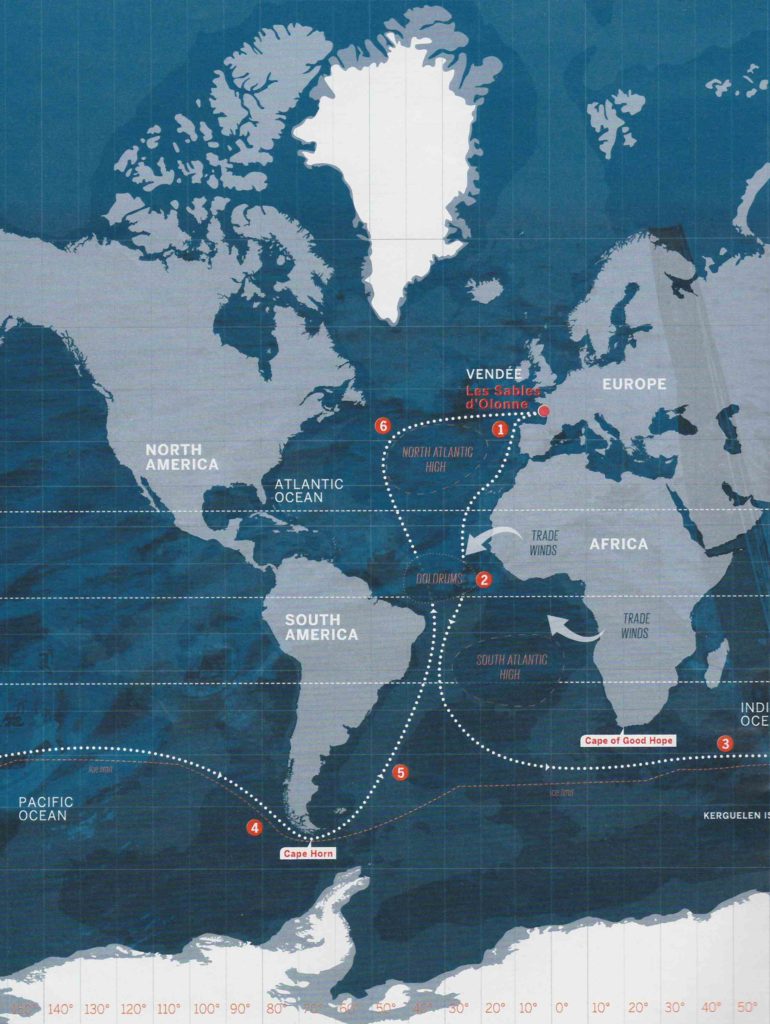
Elena Jurado presents Design of Innovative Learning Environments in the Context of Developing a Citizen Observatory.
Citizens observatories are a new concept of research infrastructure [http://www.citizen-obs.eu/]. They are platforms that integrate the latest information technology to digitally connect citizens, and support citizen science through the improvement of the ability to collect environmental observations. Additionally, citizens observatories are an excellent framework to develop innovative teaching methodologies and projects, and broaden participation in science, technology,
engineering and mathematics (STEM). This potential for education comes from the opportunities offered by the active collaboration of citizens, with different levels and roles in shared processes of knowledge creation. The main objective of this contribution is to analyse and design new methodologies and educational projects around the concept of citizen observatories as an innovative learning environment.
http://www.slideshare.net/elenajurado/design-of-innovative-learning-environments-in-the-context-of-developing-a-citizen-observatory
